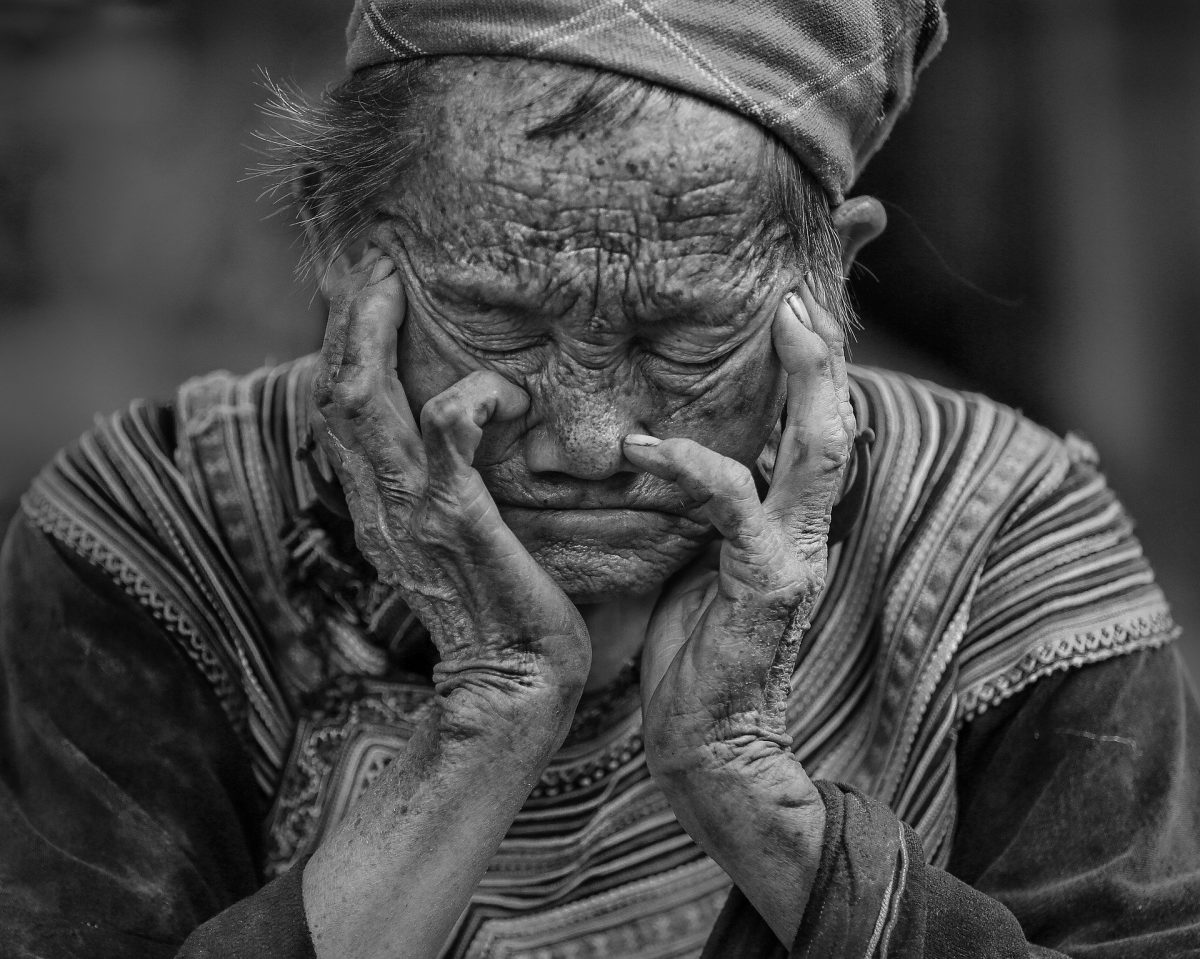What is a sleep disorder and what’s causing it?
Sleep disorders are medical disorders that interfere with normal physical, mental and emotional functioning.
Common sleep disorders
Common disorders include narcolepsy; falling asleep spontaneously at any given moment, parasomnia; events such as sleepwalking, sleep apnea; obstruction of the airway during sleep, leading to the person stopping breathing for short periods, and insomnia. Some of these have recognisable causes, for example many people who suffer from sleep apnea are overweight, whereas others have no definitive cause. Psychiatric conditions that can lead to sleep disorders are psychosis, depression, anxiety, panic disorders and alcoholism.
What can cause sleep disorders?
They can be caused by a variety of things, from physical issues such as bruxism (teeth grinding) to night terrors. Insomnia is when a person has issues falling asleep – or being able to stay asleep – for no specific reason. The opposite is hypersomnia, where a person sleeps excessively without meaning to.
However, it is worth mentioning that sleep disorders can appear from problems with pests. For example, some people suffering from problems sleeping have responded badly to bed bug infestations. Infestations like this can cause insomnia, fear, stress, anxiety and even paranoia. Simple signs of a bed bug infestation include blood spots or hatched shells – if you are unsure you might consider a pest control inspection.
What can be done?
Treatment of sleep disorders can vary, sometimes simple sleeping pills work, but these aren’t ideal and are often addictive.
As many as 70% of children with developmental or psychological disorders suffer from sleep disorders, and many adolescents find that their natural circadian rhythm is slightly out of line with how it should be – many rise late and go to bed late, and this doesn’t fit in with schedules of school and college, which leads to sleep disturbances and thus disorders.
Therapy vs medicine
Sleep medicine is prescribed to those who suffer from such a lack of sleep that they cannot function as normal throughout their day to day lives.
The most common medicine is temazepam, which is a benzodiazepine and will send anyone to sleep. Unfortunately it often leaves the sufferer particularly drowsy in the morning, and it can be very difficult to come off after a period of treatment.
It is only designed for short term treatment because of its psychoactive nature.
Improving sleep hygiene can help certain sleep disorders, and having a comfortable place to sleep can really make a huge difference. For this reason, a comfortable mattress is often ideal for those who suffer from a sleep disorder, as even if they can’t sleep, they are in a comfortable place to relax.

